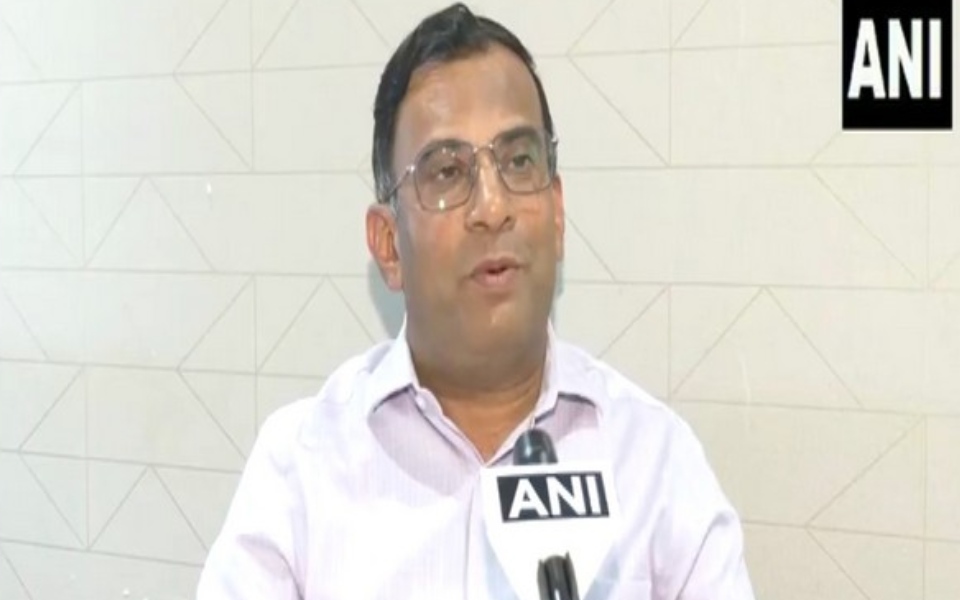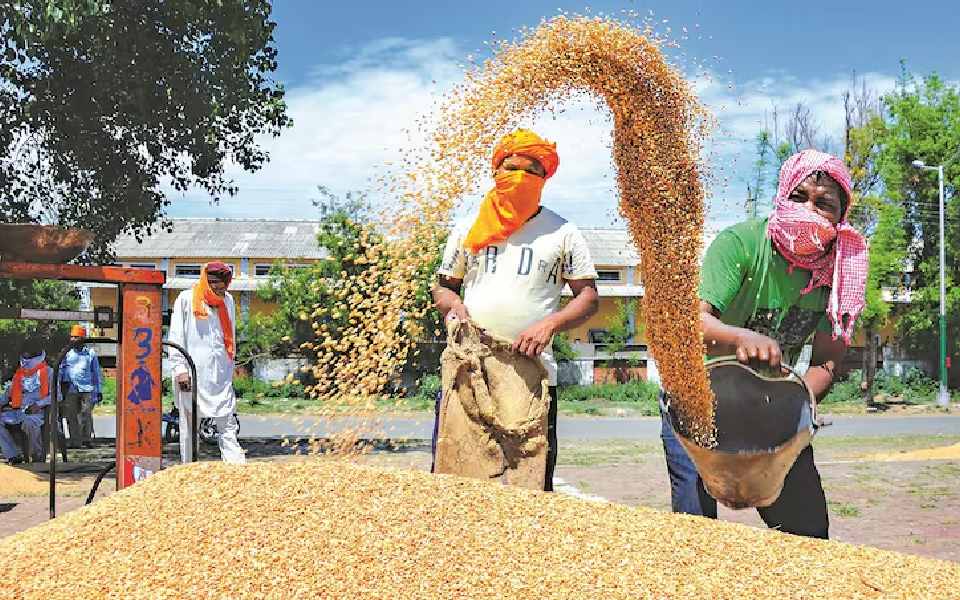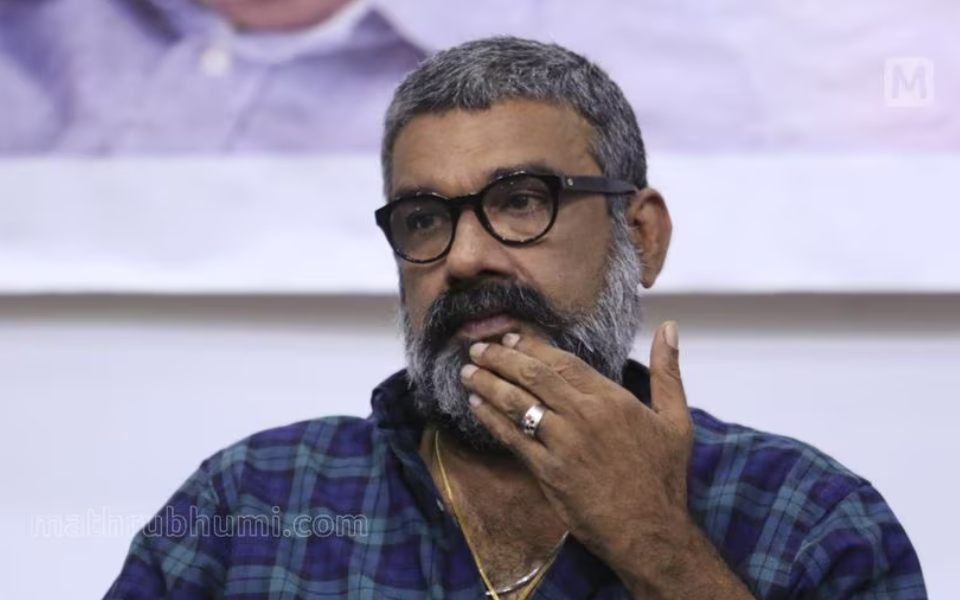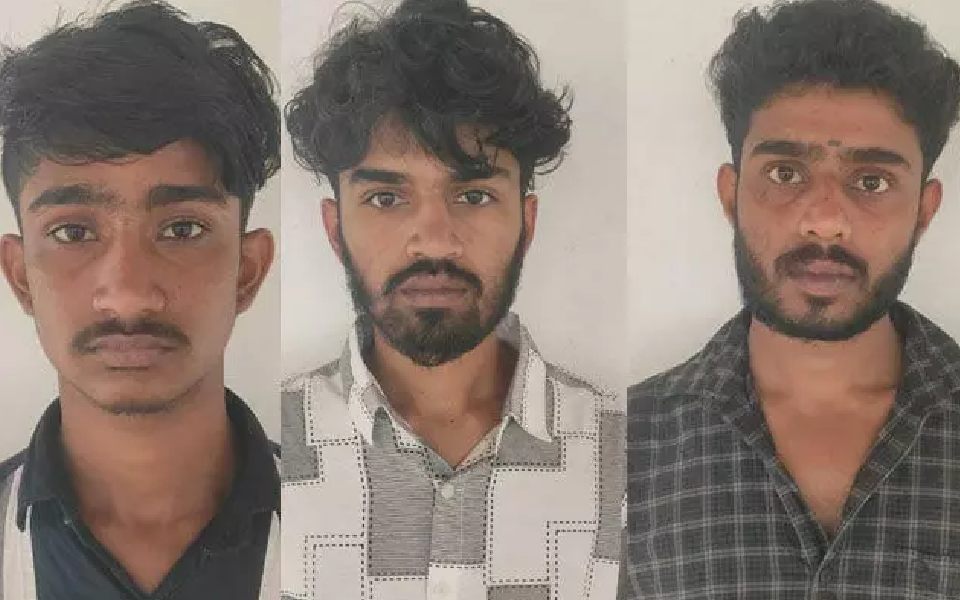Mumbai, Dec 11: Controversial phrases like "vote jihad" used by some political parties during the election campaign in the recently-held Maharashtra assembly polls are under the Election Commission of India (ECI)'s scanner, an official said on Wednesday.
In an exclusive interview to PTI, Maharashtra Additional Chief Electoral Officer Dr Kiran Kulkarni also said that more than 650 cases of poll code violation were registered during the state elections, and the enforcement agencies will make sure that these cases are taken to a logical conclusion.
When asked about 'vote jihad', he said, "The ECI is carefully analysing its implications across legal, linguistic and social domains before taking further action...We should be very cautious with terms like 'vote jihad' because they have serious repercussions."
"This is a new phrase requiring thorough study. There are legal, linguistic, social and religious aspects to consider. ECI officials, including the Chief Electoral Officer and I, are analysing this and we will take an appropriate decision once all these aspects are reviewed comprehensively," he said.
When asked if such controversial phrases affected the election discourse, Kulkarni cautioned against drawing hasty conclusions.
"It's a long-term process. Words and their references need to be defined and analysed thoroughly. There is no airtight legal framework for new terminology, so we must handle such matters carefully, keeping in mind their consequences," he said.
Elections to the 288-member Maharashtra legislative assembly were held on November 20 and the votes were counted three days later. The election code of conduct came into force in the state on October 15.
Kulkarni said, a total of 659 cases were filed in the state for violation of election code of conduct, significantly higher than the 366 cases registered during the Lok Sabha elections held earlier this year.
"Our investigating agencies did excellent work in the Lok Sabha cases with 300 chargesheets already filed in courts," he said.
On the assembly election cases, he said, "We are following up diligently. Our enforcement agencies are investigating, and all chargesheets will be filed in courts to make sure these cases reach a logical conclusion."
The timeline for action depends on the judiciary, he said.
"These are criminal cases, so they follow the due process. Courts are serious about election-related offences, and we are requesting expedited resolution," he said.
On hate speech complaints, Kulkarni said these cases are dealt with under the Bharatiya Nyaya Sanhita (BNS).
"Some complaints were verified as genuine, and cases were filed under relevant legal provisions. However, the model code of conduct is not a law but a consensual guideline supported by various laws," he said.
Kulkarni dismissed allegations of booth capturing during the polls, citing Maharashtra's robust electoral systems.
"Booth capturing has never happened in Maharashtra. With EVMs, it is meaningless because the machines are robust and data is retrievable. There were six reported instances of disruption (during voting), but the polling process was restored within an hour," he said, adding that in one instance, an EVM was replaced to dispel doubts.
Let the Truth be known. If you read VB and like VB, please be a VB Supporter and Help us deliver the Truth to one and all.
New Delhi: The government on Wednesday further tightened wheat stock holding norms for wholesalers, small and big chain retailers, and processors to curb hoarding and check price rise.
"As part of continuous efforts to moderate prices of wheat, the central government has decided to revise the wheat stock limit applicable until 31st March 2025," the food ministry said in a statement.
According to the revised norms, wholesalers are now allowed to maintain wheat stock up to 1,000 tonne instead of 2,000 tonne, retailer can hold 5 tonne for each outlet instead of 10 tonne, while big chain retailer can hold 5 tonne for each outlet instead of 10 tonne earlier.
Processors will be allowed to maintain 50 per cent instead of 60 per cent of their monthly installed capacity multiplied by the remaining months till April 2025.
The stock limits on wheat were first imposed on June 24 and later revised to tighten the norms on September 9 in order to manage the overall food security and to prevent hoarding and unscrupulous speculation.
The ministry said all wheat stocking entities are required to register on the wheat stock limit portal (https://evegoils.Nic.In/wsp/login) and update the stock position every Friday.
If the stocks held by entities are higher than the prescribed limit, they should bring the quantity to the prescribed stock limits within 15 days of the issue of the notification.
Any entity which is found to have not registered on the portal or violates the stock limits will be subject to suitable punitive action under the Essential Commodities Act,1955.
The food ministry is maintaining close watch over the stock position of wheat to control prices and ensure easy availability in the country.





